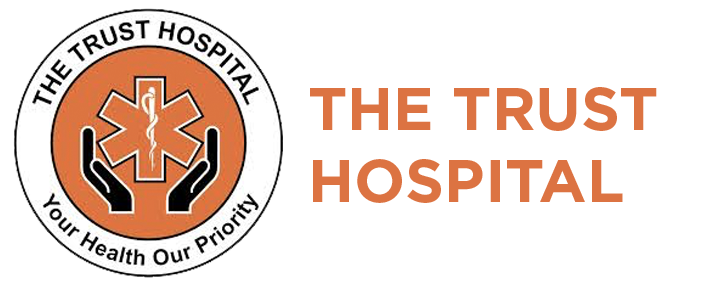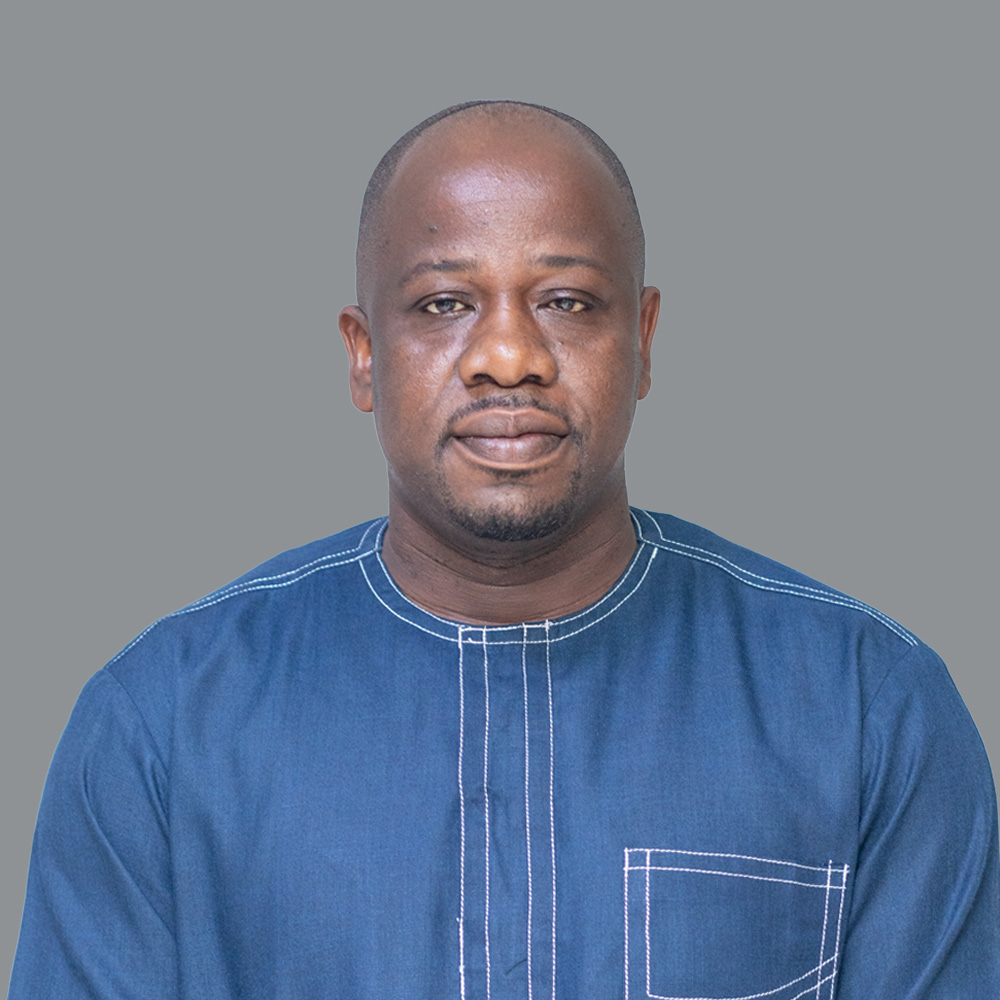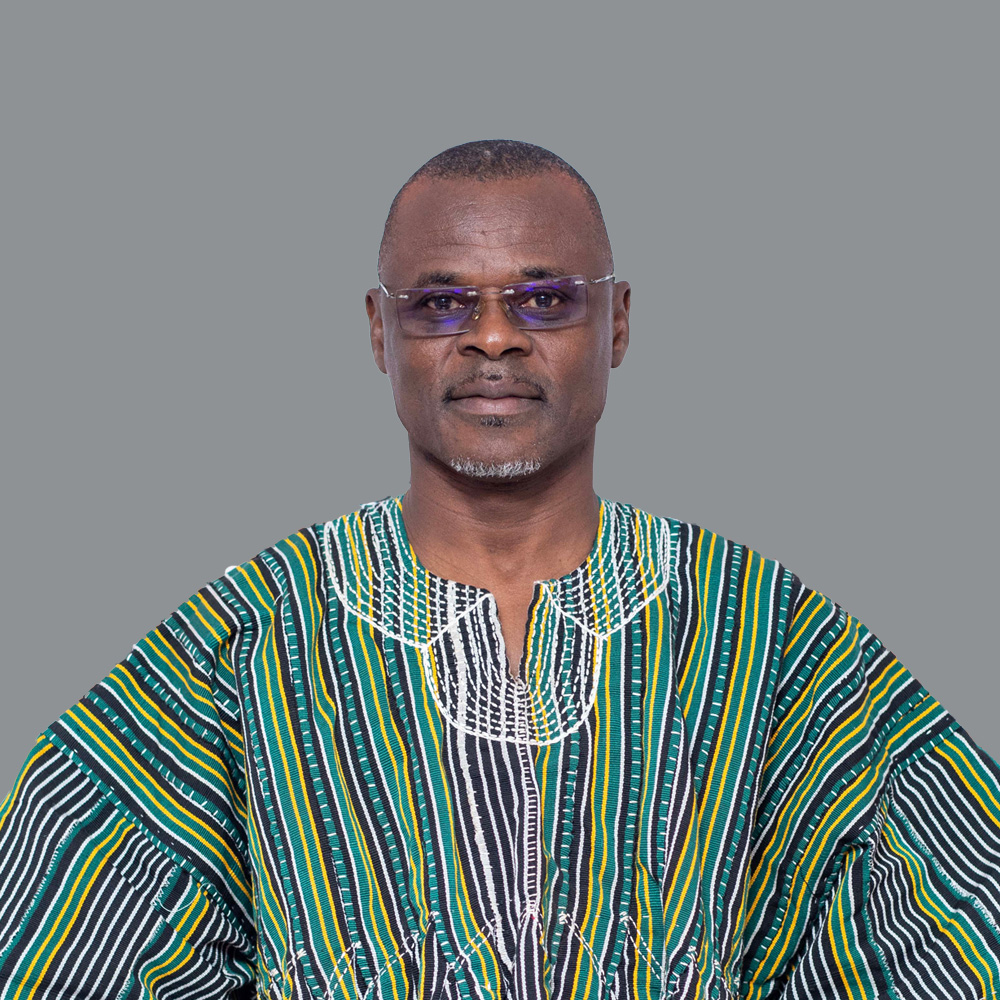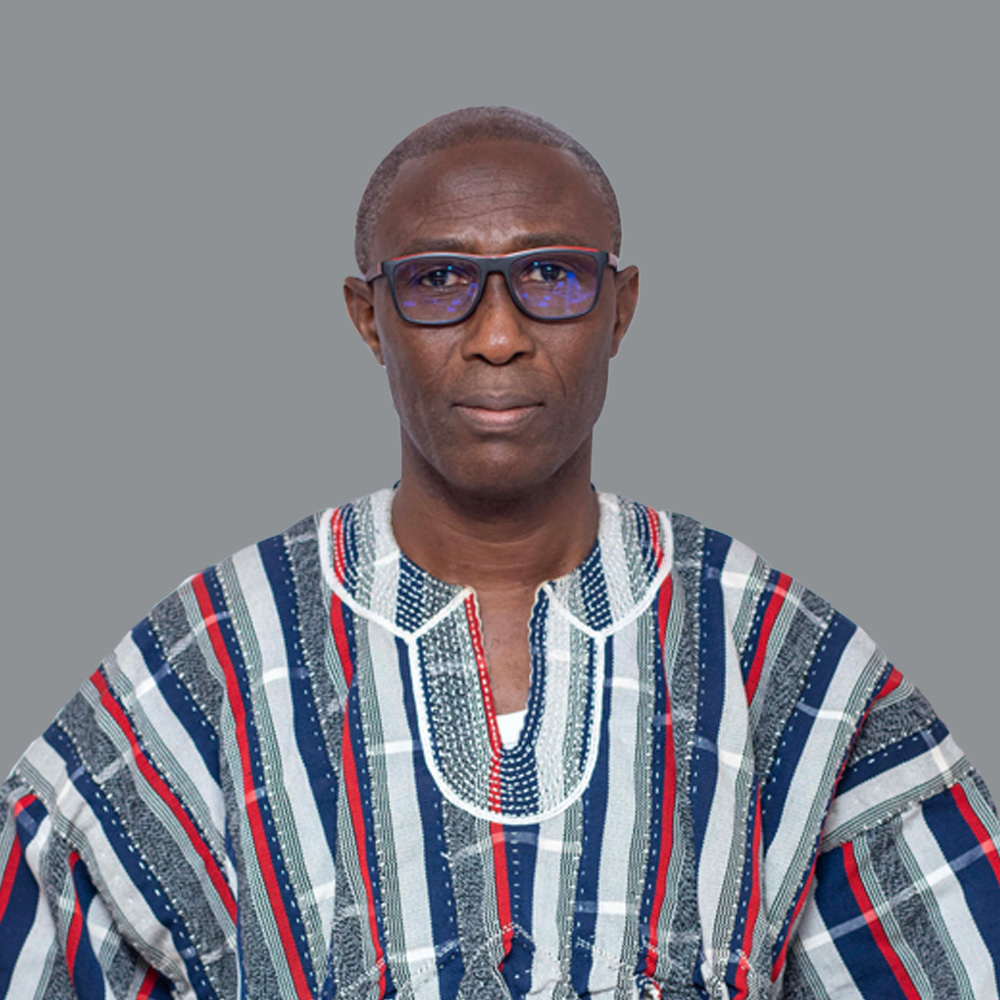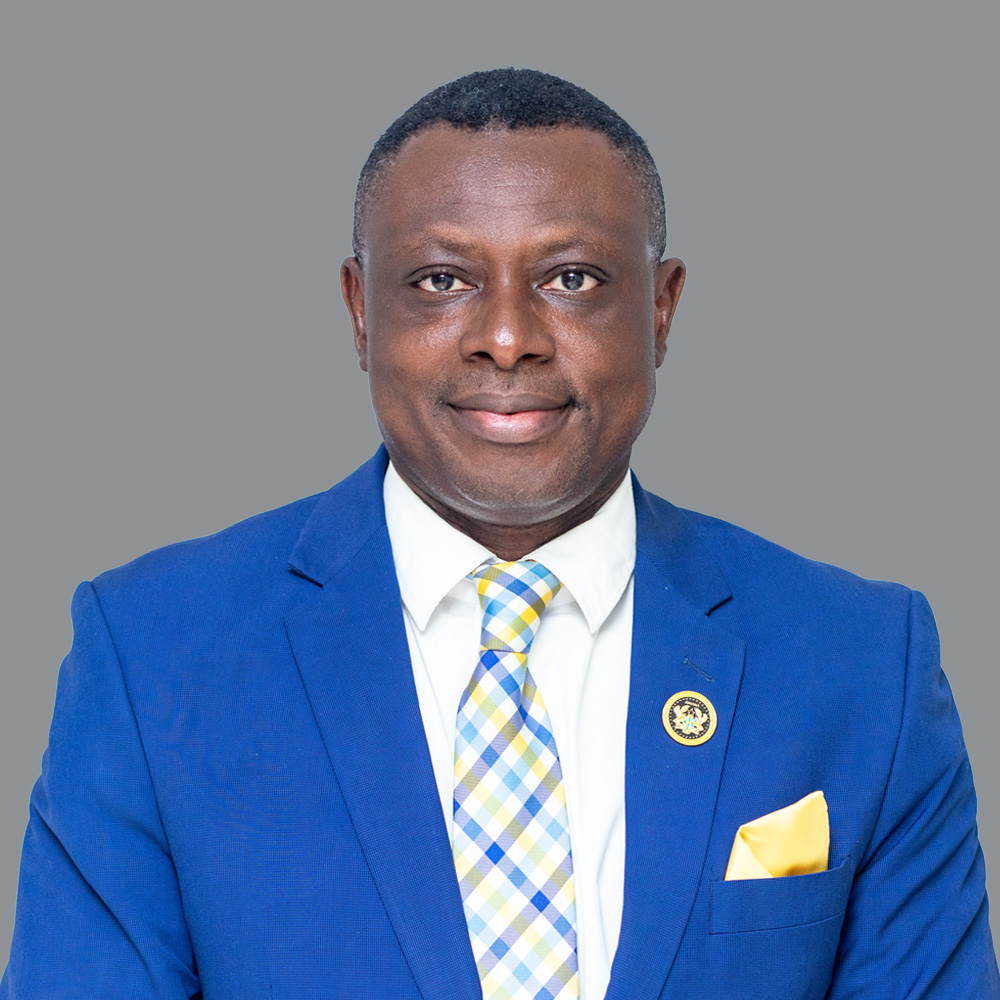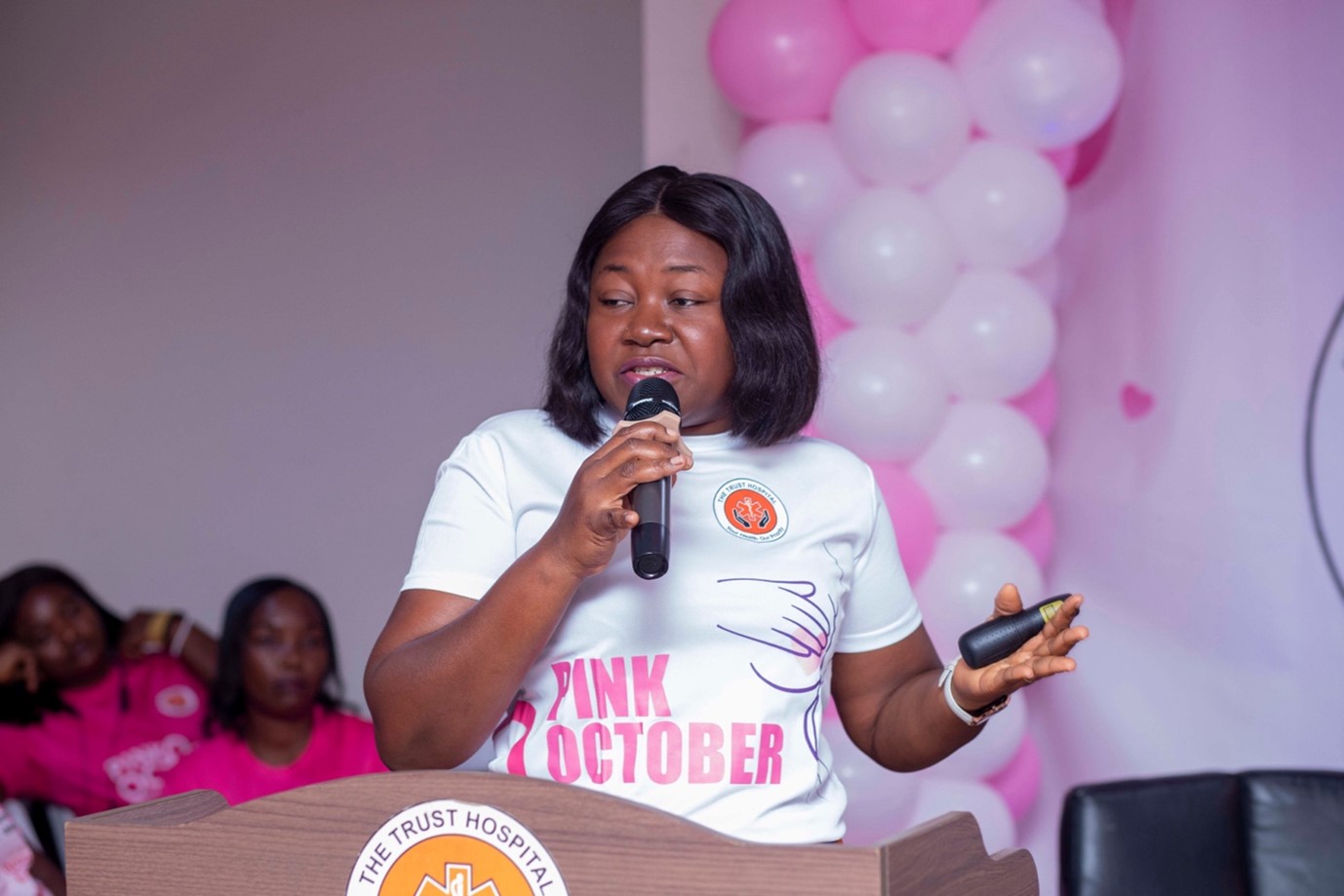No one is exempt; we are all at risk when mental health issues are examined under the microscope. Whether married or unmarried, child or adult, employed or unemployed, educated or uneducated, rich or poor, mental health affects us all.
The human race shares the common capacity to use our minds to manage our environment, a process that enables us to survive and succeed in whatever we conceive.
Many of us have a limited functional view of the mind, seeing it as just a thinking machine.
However, the mind’s function extends beyond thinking to include feeling and action. Imagine what happens when you see or hear something you do not like—you feel something you do not like and act in a certain way you do not like.
As the world raises awareness about mental health, how many of us in Ghana are attentive to our mental health?
Although the mind controls the body much more than the body controls the mind, do we go for mental check-ups? The answer is no!
Unfortunately, even when we are referred to see a mental health specialist, we resist vehemently, saying we are not “mad.” Is this not a surprising irony? We are all at risk of one mental health challenge or another, considering the fast-paced societies we live in. Have we considered the chronically stressful events we experience daily?
Let us all pause for a moment and think about some of the challenges in Ghana. Consider the reality of the economic situation, our health system, education, agriculture, employment, and even the social system designed to protect us from the world’s stress. Are we pretending that we are absolutely okay?
This question goes to corporate Ghana and individual Ghanaians, not the Ghanaian government. Ghana has an estimated 2.3 million people living with various mental health conditions, with an unfortunate treatment gap of 98%. The Mental Health Authority reported schizophrenia, delusional disorders, schizotypal disorder, epilepsy, and depression as the top mental disorders in Ghana for 2023.
It is worrying that more than 21% of adults in Ghana experience moderate or severe psychological distress. Among Ghanaian children and adolescents, substance misuse and school-level stress significantly predict depressive symptoms.
It is imperative that parents pay attention to this aspect of their wards’ health because about 50% of all adult mental health conditions start before the age of 14. This is the undeniable truth about the state of mental health in Ghana. This is a clarion call that all hands be put on deck, to fight this menace.
The primary purpose of this conversation is to support the creation of awareness about the reality of mental health challenges and the availability of treatment in worst-case scenarios. We are all involved with mental health as sufferers in one light or victims in another.
To extend the conversation beyond a particular day, let’s dive into the symptoms of mental health issues. These symptoms range from serious ones like detachment from reality, delusions, paranoia, hallucinations, and suicidal thinking, to milder ones like inability to cope with daily problems or stress, trouble understanding and relating to situations and people, feeling sad or down, mood changes of highs and lows, and sleep difficulties.
If you or any member of your family, a friend, or a co-worker shows some of these symptoms, what will you do? Remember, mental health conditions can be treated if and only if we seek help. Help is currently available. Speak to a Mental Health Specialist for guidance and support. We are all at risk, and the earlier and quicker we seek help, the better our chances of not just surviving but also thriving in times of difficulty.
Eric Howusu-Kumi
Clinical Psychologist
Trust Specialist Hospital Osu
